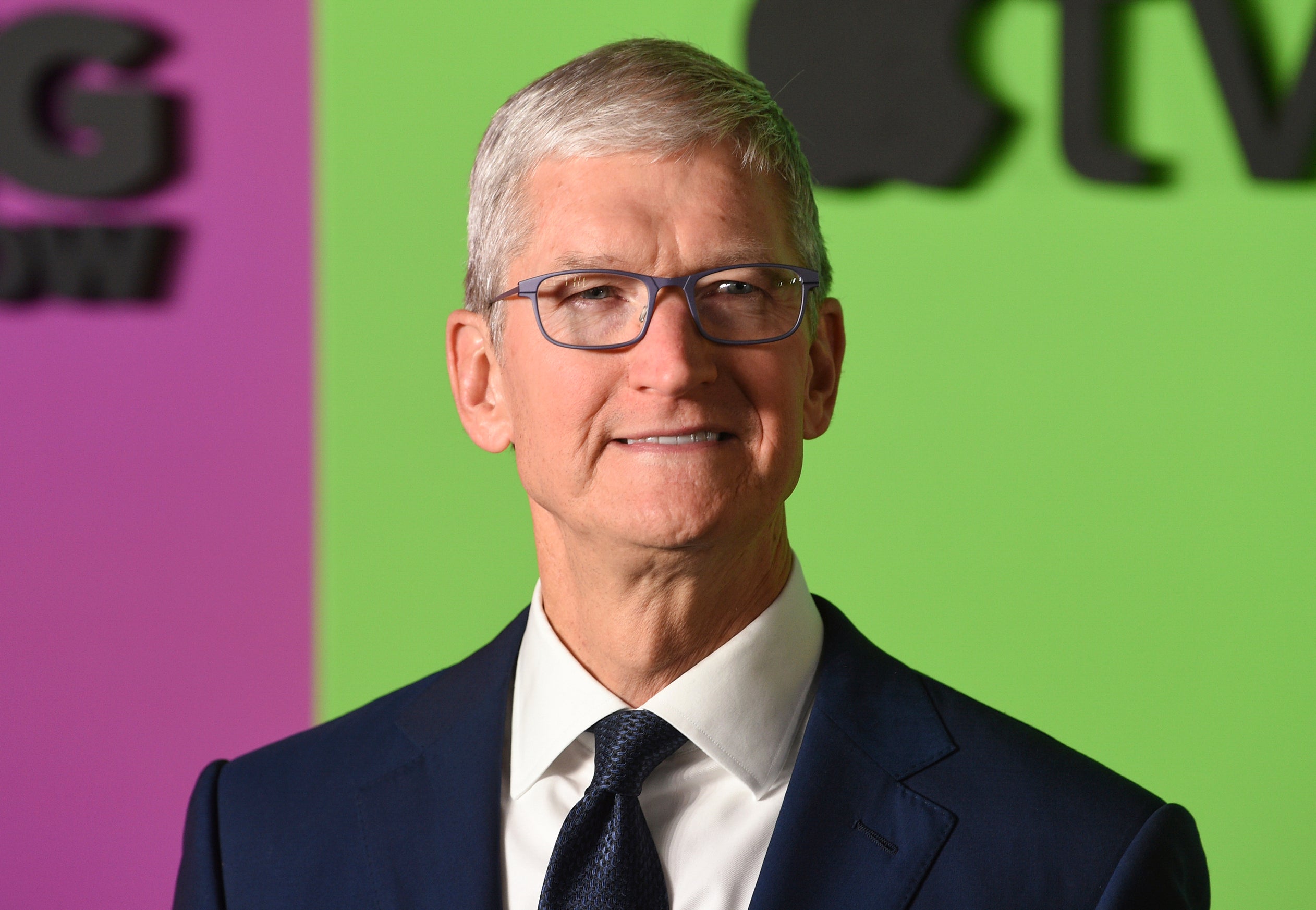As CEO pay grows even bigger, so does its complexity
Within the eight- and even nine-figure sums trumpeted for CEOs each year, just a small portion is actual cash

Your support helps us to tell the story
From reproductive rights to climate change to Big Tech, The Independent is on the ground when the story is developing. Whether it's investigating the financials of Elon Musk's pro-Trump PAC or producing our latest documentary, 'The A Word', which shines a light on the American women fighting for reproductive rights, we know how important it is to parse out the facts from the messaging.
At such a critical moment in US history, we need reporters on the ground. Your donation allows us to keep sending journalists to speak to both sides of the story.
The Independent is trusted by Americans across the entire political spectrum. And unlike many other quality news outlets, we choose not to lock Americans out of our reporting and analysis with paywalls. We believe quality journalism should be available to everyone, paid for by those who can afford it.
Your support makes all the difference.CEO pay is a tricky thing to explain.
Within the eight- and even nine-figure sums trumpeted for CEOs each year, just a small portion is actual cash. Last year, only a little more than a quarter of compensation for the typical CEO at an S&P 500 company came from cash salary or bonus. At the very top of the rankings, cash can make up 1% or less of total compensation.
Instead, the majority of a CEO's pay tends to come from grants of stock and grants of stock options, which give the CEO the opportunity to buy shares of stock in the future at a certain price. That's often by design, because shareholder advocates have pushed for CEO pay to be more closely aligned with their own returns.
Because of that, exactly how much a CEO is able to cash in will ultimately depend in part on the performance of the company — and the CEO.
“There’s been such progress made in the past decade in getting pay and performance decisions correct,” said Melissa Burek, a partner at Compensation Advisory Partners, a consulting firm that helps boards formulate executive pay. “I would say we have more acute awareness of these issues.”
For grants of stocks and options, the numbers listed in companies' annual proxy statements reflect an estimate of how much they're worth.
Consider Apple's CEO, Tim Cook, who ranks No. 4 in the AP's pay survey this year with a package valued at $98.7 million. Just $3 million of that is salary.
The vast majority came from a grant of restricted stock, valued at $82.3 million. It's the first such grant Apple's board has given Cook since his promotion to CEO in 2011, but he won't be able to buy anything with it anytime soon.
The stock grant is made up of two batches. One will become available to Cook in tranches over three years, beginning next April. The other will become available to Cook only if Apple's stock beats certain performance targets in coming years.
Since Cook started as CEO, Apple’s stock has returned more than 1,100% and the company is the most valuable on Wall Street.
Cook also received a bonus of $12 million because Apple's 33% growth in net sales and 64% growth in operating income last fiscal year blew past targets. Apple's board had the option to adjust the payout up or down, depending on the company's performance on environmental, social and governance criteria, known as ESG. But because Cook's payouts were maxed out after topping performance targets, the board did not do that.
This was the first year Apple's board considered such ESG issues in setting Cook's pay, and it joins a small but growing group. They're the latest additions to the often complicated formulas companies have created to set their CEOs' pay. Other considerations at companies include everything from customer satisfaction to worker safety.
The people ultimately in charge of setting CEO pay are the ones on the company's board of directors. Those directors are supposed to represent all of a company's shareholders, who get some voice in the process.
At companies' annual meetings with shareholders, investors regularly get the chance to vote in “Say On Pay” tallies, though the results are only advisory and don't compel boards to make any changes. Such votes have routinely received more than 90% of support, but Wall Street's biggest investors have been paying more attention to the topic.
BlackRock, for example, is often one of the biggest shareholders at any company because of the size of its index funds. It says it will vote no on “Say On Pay” and against nominees for a board's compensation committee when it sees a company has failed to align pay with performance.
Such measures have not put the brakes on CEO compensation, which continues to rise as many boards look to pay their CEO similar to or better than what rivals are paying their leaders. The typical package for an S&P 500 CEO jumped 17.1% last year to a median of $14.5 million as stock prices and corporate earnings surged.